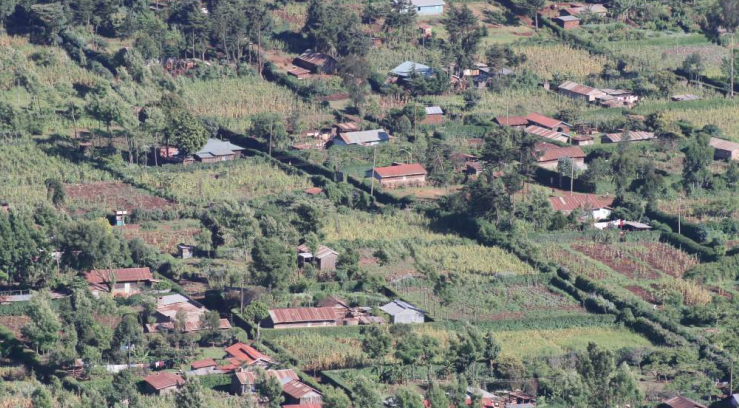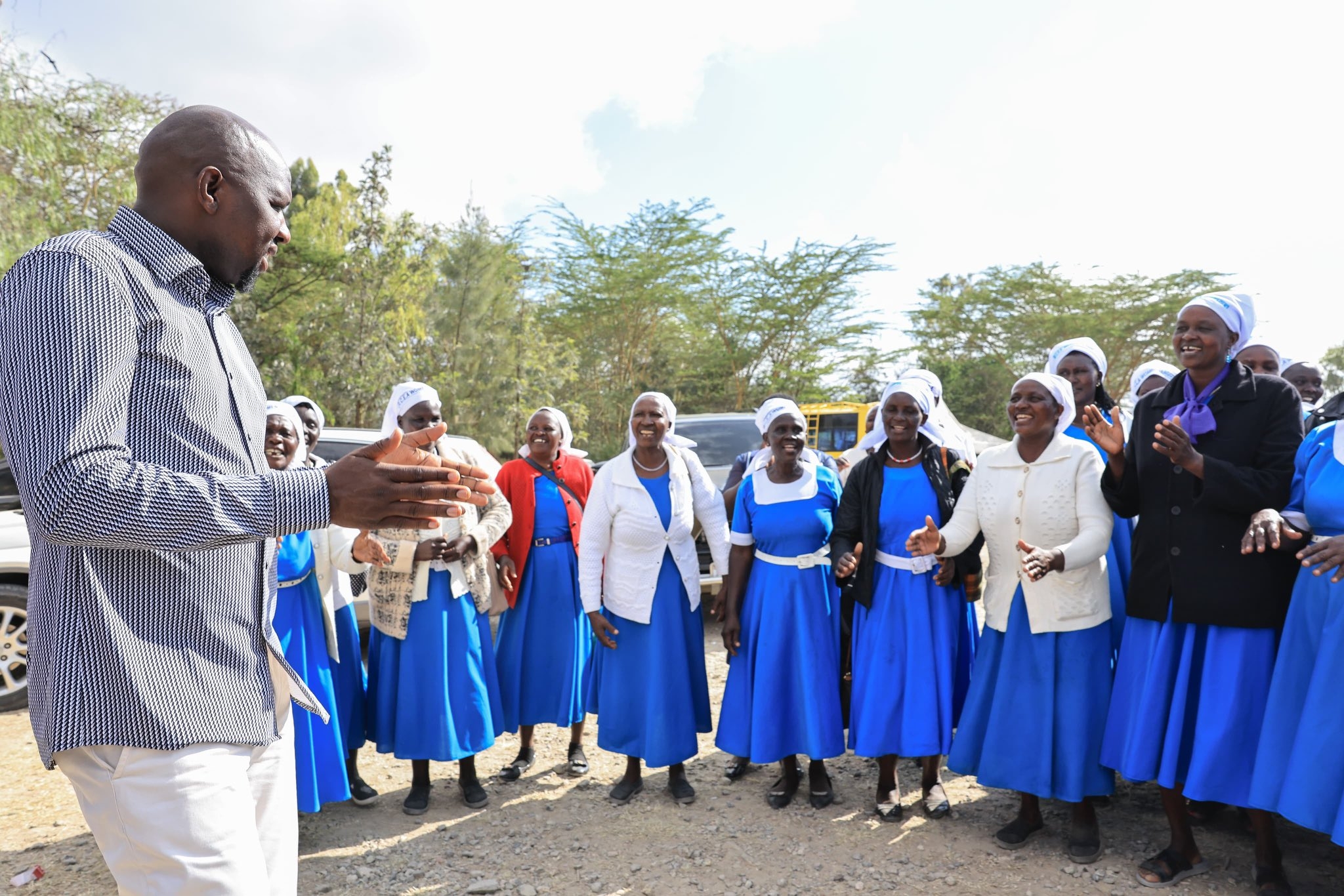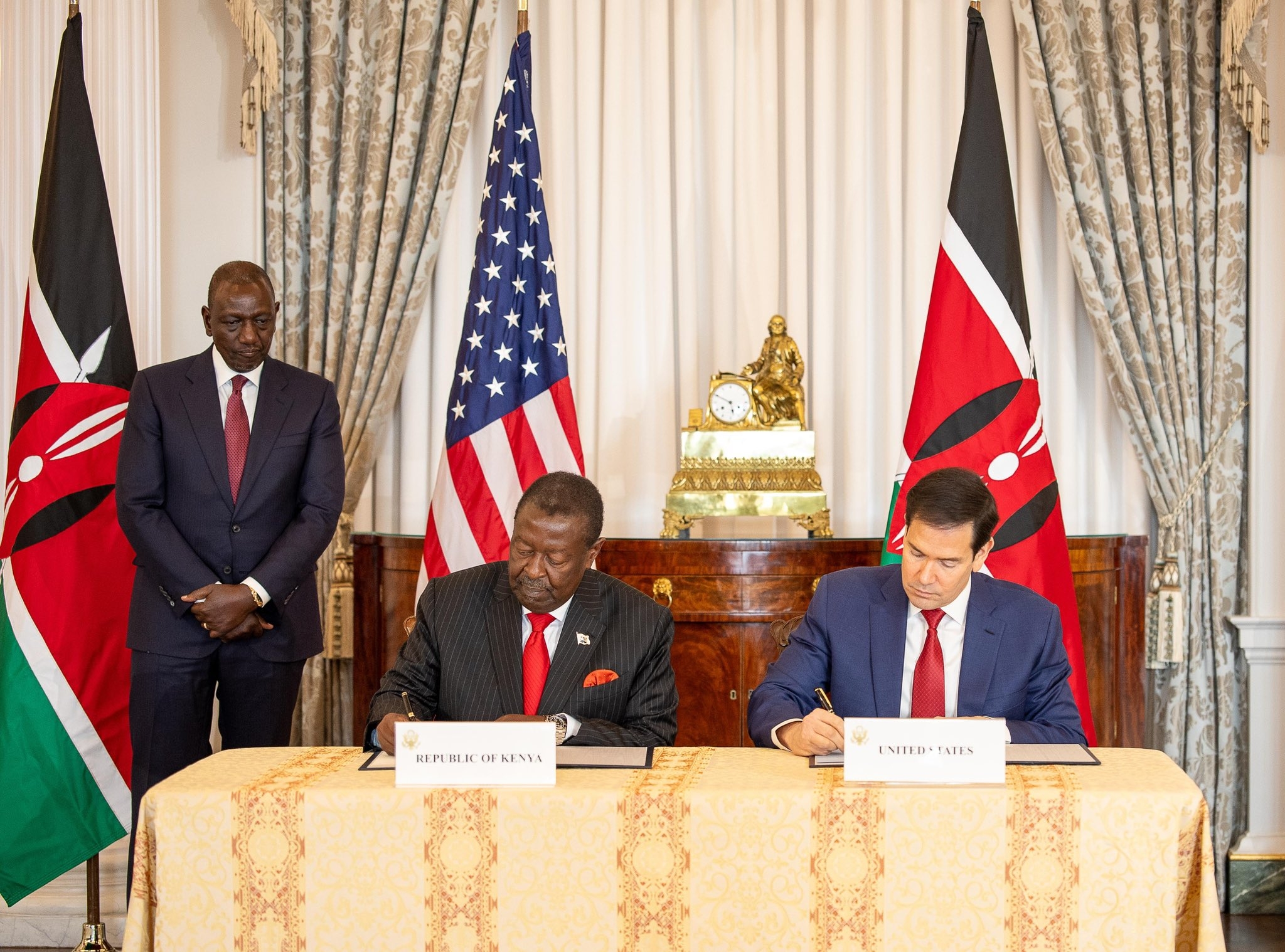
 A settlement at Lari, Kiambu county /JACK OWUOR
A settlement at Lari, Kiambu county /JACK OWUOR
On October 15, the day the country received news of the passing of the former Prime Minister, Raila Odinga, in India, President William Ruto signed eight bills into law, two of which pertained to land.
The enactment of the proposed bills into law on ‘Black Wednesday’ sparked a debate on social media platforms, with critics raising eyebrows on the timing, with some insisting that he could have waited for the country to sober up before signing such ‘sensitive’ legislation.
His proponents, on the other hand, are asking Kenyans not to read too much into the timing, saying that the president acted within his powers and that the signing of the bills was on his schedule.
Even so, The Star spoke to legal experts, economists, and political analysts in an effort to dissect those land laws.
The majority are of the view that while the shift from freehold to leasehold as contained in the Land (Amendment) Law, 2024, may sound concerning, the reforms, if well executed, will bring immense benefits to land owners and buyers.
According to Dr Benjamin Musau, a managing partner at B M Musau & Co. Advocates, the Land (Amendment) Law, 2024, in Kenya introduces significant changes to land ownership and administration, notably the proposed conversion of freehold land to leasehold, with most private freehold land becoming leasehold for up to 99 years and subject to an annual land rent.
On the firm's website, he explains that if well implemented, the law aims to improve registration systems, enhance government oversight, and increase fees for various land registry services.
“The improved registration system will streamline processes for land transfers and documentation, noting the stiff-neck bureaucracy land buyers endure due to existing outdated and clumsy registers. Enhanced government oversight will strengthen regulation of land transactions and subdivision,’’ James Kabati, an advocate of the High Court, told the Star.
He said that the law touching on annual land rates targets private freehold land in development areas, which includes residential and commercial plots in towns and their environs, including places like Kikuyu and Ngong.
There are, however, a few exceptions based on various factors. For instance, agricultural land in the affected areas may qualify for exemptions or special terms based on size and use. It also protects small-scale farmers with customary land rights.
He added that detailed exemptions and categories would become clear once the law is gazetted and regulations published. Those who think that the amended laws will bring greater transparency in land ownership records and reduce land disputes through standardised tenure systems.
They also hope that the improved legislation will pave the way for faster land transactions due to improved registration processes, while revenue collected from land rates will lead to better infrastructure.
“Overall, the laws create a basis for stronger legal protection against fraud and illegal acquisition.”
A legal expert at PricewaterhouseCoopers Kenya, who did not want to be mentioned, as he is not authorised to speak on behalf of the organisation, said the Land (Amendment) Bill, 2024, represents Kenya's effort to modernise land ownership, not to punish landowners.
“While changes are coming, they're designed to create a fairer, more transparent system that benefits genuine investors.”
Economist Jacob Misango says that the law will ensure that those owning huge parcels of land in development areas are put to meaningful use.
“There is a tendency for people to buy land for speculation. While it is their right based on the willing buyer-seller principle, they end up misusing the land, a key factor of production, hurting the growth of the general economy. The new law will cure this fallacy,’’ Misango said.
He, however, warns that the laws must be executed fairly, not to scare away investors.
Sharom Kimuli, an advocate of the High Courtsaid that henceforth, all freehold land title deeds held by foreigners would not be used for any transactions, but clarified that the government had no intention of dispossessing the foreigners of the land they had legally acquired.
She explained that the Constitution of Kenya 2010 allows only Kenyans to have freehold titles, while foreigners are only allowed to be issued leases of 99 years or below.
Even the government has started leasing part of its idle land to investors, with Agriculture CS, Mutahi Kagwe, saying that this will reduce the country’s dependency on imported food.
Speaking at this year’s Nakuru ASK Show, Kagwe revealed that Kenya is facing severe shortages of key commodities such as rice, wheat, palm oil, cotton, and yellow maize, and urged the private sector to help bridge the gap by leasing idle government land for crop and livestock production.
“We import up to 92 per cent of our wheat and 75 per cent of our rice every year. This overdependence on imports is not sustainable. We must urgently increase domestic production to safeguard our food security,” he said.
He identified parcels owned by the Agricultural Development Corporation and the Kenya Prisons Service as ready for leasing and calling on investors to take up the opportunity to grow more food locally.
Despite these legal frameworks, land ownership in Kenya still presents a complex picture.
Data from the Kenya National Bureau of Statistics (KNBS) indicates that over half of Kenyan men aged 15 to 54, and more than half of women aged 15 to 49, do not own a house or land.
Women, in particular, face challenges with land titles, holding only a percentage of all land titles in their names and 5-6 per cent jointly, despite contributing 80 per cent of the agricultural workforce.
















